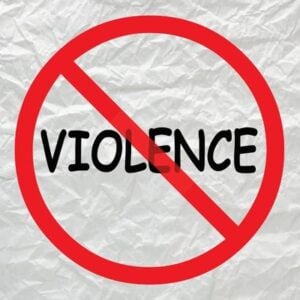Education Cannot Wait (ECW) has received US$3.05 million in new funding from the Government of Japan to scale up its education investments in Burkina Faso, Ethiopia, and Nigeria. With this support, ECW and its partners will expand innovative programmes to provide crisis-affected children with safe, quality education, advancing global commitments under the 2030 Agenda for Sustainable Development.
The Japanese government provides humanitarian aid grants annually through its supplementary budget to international organizations. Following a successful US$3 million ECW grant in 2023 for Ukraine, Japan approved this latest tranche of funding in 2024 to support education in Africa. ECW plans to continue submitting new proposals each year to strengthen its partnership with Japan and raise visibility for Japanese contributions to education in emergencies and protracted crises.
Japan highlighted the importance of inclusive education in its support, noting the need to prioritize vulnerable groups such as children with disabilities. It emphasized that access to education in crisis settings is critical from a human security perspective and reaffirmed its commitment to advancing the Sustainable Development Goals in partnership with international organizations.
Japanese civil society also welcomed the new contribution. The Japan NGO Network for Education (JNNE) noted that the funding will provide learning opportunities for children affected by war and climate change in the three countries. The contribution is particularly timely as Japan prepares to host the Ninth Tokyo International Conference on African Development. JNNE further recognized ECW’s unique role as the only UN fund dedicated to education in emergencies, enabling rapid and coordinated responses for children in need.
Across Africa, armed conflict, displacement, and climate change are forcing millions of children out of school, worsening poverty, instability, and insecurity. In Burkina Faso, 20 percent of schools have been affected by the ongoing security crisis, disrupting the education of over 800,000 students. In Ethiopia, 10.5 million children require urgent humanitarian assistance, with 3.2 million in Oromia alone out of school due to conflict, violence, and climate shocks. In northwest Nigeria, long-standing violence, kidnappings, and instability have left 860,000 children without access to schooling.
The new funding will enable targeted interventions in each country. In Burkina Faso, UNICEF, working with FDC, TinTua, Educo, and Plan International, will deliver programmes reaching nearly 100,000 children, focusing on primary and non-formal education for internally displaced children and adolescents. In Ethiopia, UNICEF, alongside Imagine1Day and the Gurmuu Development Association, will reach 72,000 children with safe, protective, and climate-resilient learning spaces. In Nigeria, Save the Children and its local partner Goal Prime Organization Nigeria will extend the programme to over 137,000 children.







